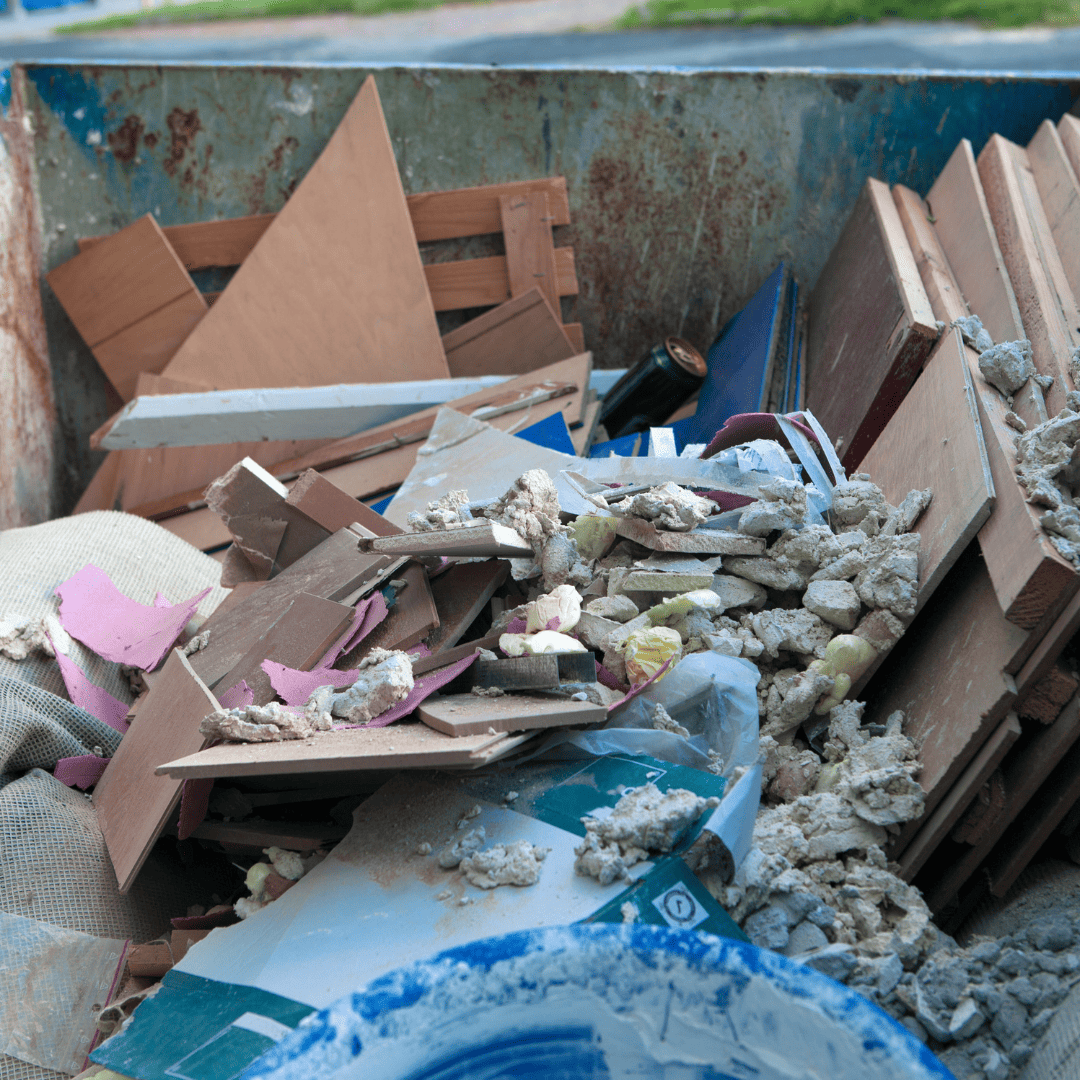Residential rubbish removal is an integral part of maintaining a clean and sustainable living environment. By adopting environmentally friendly practices, homeowners can minimize waste, reduce their carbon footprint, and contribute to a healthier planet. In this article, we will explore various strategies for making your home environmentally friendly through responsible rubbish removal.
Reduce Waste Generation:
The first step in making your home environmentally friendly is to focus on reducing waste generation. Opt for products with minimal packaging, avoid single-use items, and embrace reusable alternatives. By being mindful of your purchasing choices, you can significantly reduce the amount of waste that enters your home.
Separate and Recycle:
Implement a recycling system in your home to separate recyclable materials from general waste. Set up designated recycling bins for items such as paper, plastic, glass, and metal. Familiarize yourself with your local recycling guidelines to ensure proper sorting and disposal of recyclable materials.
Composting:
Composting is an excellent way to divert organic waste from landfills and create nutrient-rich soil for your garden. Set up a composting system in your backyard or use indoor composting methods for smaller living spaces. Composting not only reduces waste but also promotes sustainable gardening practices.

Donate and Reuse:
Before discarding items, consider donating or reusing them. Clothes, furniture, electronics, and household items in good condition can often find a new home through local charities, thrift stores, or online platforms. By extending the lifespan of these items, you contribute to waste reduction and support the circular economy.
Hazardous Waste Disposal:
Handle hazardous waste such as batteries, paints, cleaning chemicals, and electronics responsibly. Many communities offer special collection events or designated drop-off locations for hazardous waste disposal. Avoid disposing of these items in regular rubbish bins to prevent environmental contamination.
Smart Purchasing:
Make informed choices when purchasing products for your home. Look for eco-friendly and sustainable options, such as products made from recycled materials, biodegradable packaging, or energy-efficient appliances. Consider the lifecycle impact of the products you bring into your home to minimize waste and resource consumption.
Educate and Involve Family Members:
Promote environmental awareness and responsible rubbish removal practices within your household. Educate family members about the importance of waste reduction, recycling, and composting. Encourage their active participation in implementing eco-friendly habits, such as proper sorting and minimizing waste generation.
Explore Local Recycling Programs:
Research and take advantage of local recycling programs and initiatives. Many communities offer additional recycling services beyond curbside collection, including e-waste drop-off locations, textile recycling programs, and hazardous waste collection events. Stay updated on these programs to maximize your recycling efforts.
Support Sustainable Packaging:
Support businesses that prioritize sustainable packaging practices. Choose products that use minimal packaging or eco-friendly materials. Encourage companies to adopt sustainable packaging by providing feedback and making conscious purchasing decisions.
Stay Informed and Engage:
Stay informed about local waste management policies, initiatives, and developments. Participate in community discussions, attend recycling awareness events, and engage with local organizations or environmental groups. By actively participating in the conversation, you can contribute to positive change in your community’s waste management practices.
Making your home environmentally friendly through responsible rubbish removal is a collective effort that starts with individual actions. By adopting waste reduction strategies, embracing recycling and composting, supporting sustainable packaging, and staying informed, homeowners can make a significant impact on the environment. Together, we can create a more sustainable future and inspire others to follow environmentally friendly practices in their homes as well.
